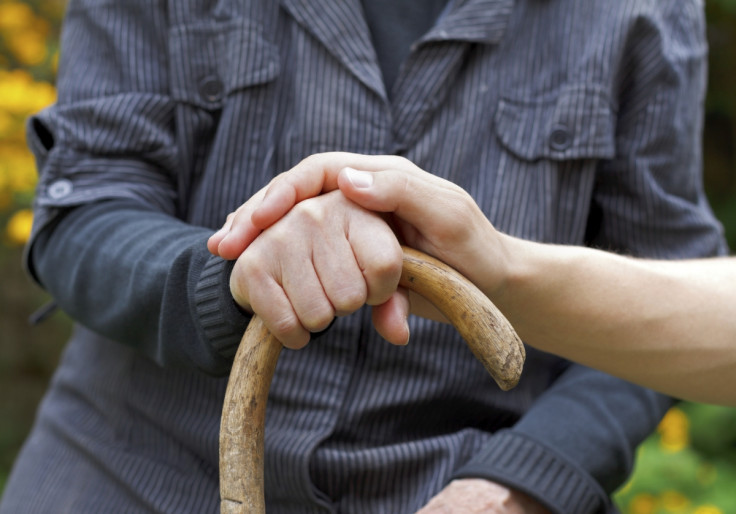Vaccine for Alzheimer's disease could be available in just a few years
The new vaccine could prevent and even reverse the disease.

A new vaccine targeting the pathological proteins associated with Alzheimer's disease has proven effective in animal trials, scientists have announced. They will now carry out clinical tests in humans, in the hope it may prevent and reverse the disease in patients with early-onset Alzheimer's.
The team from Flinders University in Australia collaborated with US researchers at the Institute of Molecular Medicine (IMM) and University of California (Irvine) to come up with an effective vaccine against the build up of proteins amyloid-beta (a-beta) and tau in the brain, which causes it to dysfunction, and leads to dementia.
The study, published in Scientific Reports, uses genetically modified mice to investigate the safety and effectiveness of a combination of anti-amyloid-beta and anti-tau vaccines with an adjuvant technology developed by Australian vaccine research company Vaxine Pty Ltd.
"We have demonstrated in mice genetically modified to get accelerated dementia that our vaccine candidate produces antibodies which bind to the proteins a-beta and tau", Flinders University School of Medicine Professor Nikolai Petrovsky told IBTimes UK.
"In addition, we were able to collect these antibodies from the vaccinated mice and show that the antibodies indeed targeted the abnormal proteins in brain sections from deceased Alzheimer patients, thereby proving these vaccine should work in humans and not just mice".
Clinical trials underway
The success of these animal trials have been such that the team has now received funding from the US National Institute of Health to pursue clinical trials. They should get underway in the next two years, with results expected probably three years after that.
Previously, many attempts have been made to generate therapeutic vaccines against a wide range of noninfectious diseases, including Alzheimer's disease, but with mixed results. To develop this new vaccine and make it suitable for humans, researching the failures of past trials has been crucial.

"Over the last decade, early generations of dementia vaccines have gone to human clinical trials. Some have indeed shown suggestion of benefit but unfortunately also had problems of toxicity. The others just failed to show effect", says Petrovsky, who is also director of Vaxine Pty Ltd.
"Looking at all these failed attempts was helpful for us as it allowed us to avoid making the same mistakes, and allowed us to specifically design this vaccine so as to completely remove any risk of toxicity while at the same time boosting the effectiveness of the vaccine by more than a hundred-fold. This now gives us a chance to achieve what the earlier vaccines failed to do, which is to demonstrate both safety and effectiveness in human patients with early stage dementia."
Positive return in the long term
The initial trials in humans will focus on people with early onset Alzheimer, who are the most in need and for whom there may be directly observable early benefits.
But the vaccine is also designed to prevent the development of the disease in healthy individuals and could in the future be given to people decades before they risk developing Alzheimer's. This will take longer though.
"To show our vaccine works in healthy individuals who have not yet developed Alzheimer will take a lot more time, as it could involve having to immunise hundreds of thousands of subjects and then follow them long term to see we have prevented them getting Alzheimer's. Such a trial may last 10 to 15 years and will likely cost hundreds of millions of dollars", Petrovsky explains.
However, he believes that if the vaccine is proven to work in a preventative fashion, it could have enormous positive returns, both in terms of cost savings for healthcare systems, as well as for the welfare of the individuals prevented from developing this devastating disease.
© Copyright IBTimes 2024. All rights reserved.






